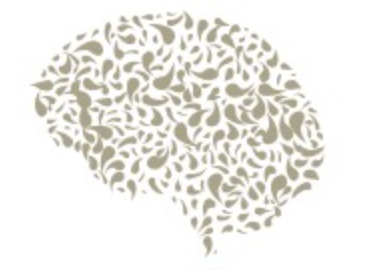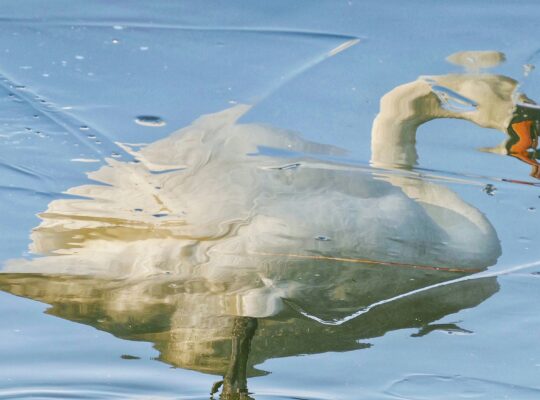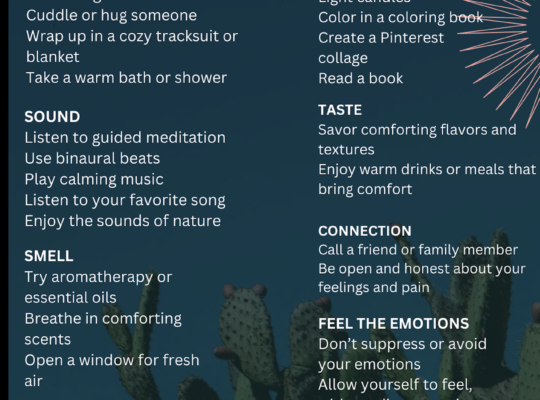
We often talk about heartbreak in the context of romantic relationships. But what happens when the person who breaks your heart isn’t a partner — it’s your best friend? Friendship breakups are one of the most overlooked forms of emotional loss, yet they can be just as — if not more — painful than romantic separations. These are the people who’ve seen us through late-night meltdowns, major milestones, and everyday life. So when that bond breaks, the impact can run deep.
Psychologically, friendship is more than just socializing. It’s about intimacy, identity, trust, and belonging — all key elements of our emotional wellbeing.
The Psychology of Friendship
Friendship is a unique type of relationship. It’s voluntary, non-romantic, and often free of formal commitments — yet it holds profound emotional significance. Research has shown that strong friendships contribute to increased life satisfaction, reduced stress, and even longer lifespans. According to Holt-Lunstad et al. (2010), social connection has as much impact on longevity as quitting smoking.
Unlike family or romantic partners, friendships are chosen, nurtured, and maintained through mutual effort. They’re deeply rooted in shared experience and emotional trust. And because there are no formal “rules,” there are often no clear endings — which makes friendship breakups uniquely painful.
Why Friendship Breakups Can Hurt More
1. There’s No Script for Ending a Friendship
Romantic breakups often come with a set of expectations: the conversation, the heartbreak, the closure. But when a friendship ends — whether through drifting, ghosting, or conflict — it can feel confusing and unresolved. This lack of structure contributes to what psychologists call ambiguous loss (Boss, 2006), a type of grief that arises when closure is absent.
2. Friendships Are Tied to Our Identity
Our closest friends aren’t just part of our lives — they’re part of how we see ourselves. The Inclusion of Other in the Self model (Aron et al., 1991) explains how close relationships merge into our sense of identity. When a friend disappears from our life, we may experience identity confusion or feel like we’ve lost a part of ourselves.
3. Friendship Activates the Same Attachment Systems
Attachment theory, traditionally applied to romantic relationships, also plays out in friendships. Our need for emotional security, consistency, and connection is not limited to romantic love. When a friend withdraws, especially in cases of betrayal or ghosting, our attachment wounds can feel triggered — leaving us emotionally destabilized.
4. We Receive Less Social Support After a Friendship Breakup
Society tends to prioritize romantic loss. People check in on you after a breakup with a partner — not so much after you lose your best friend. This lack of external validation often leaves people struggling with feelings of shame, loneliness, and emotional isolation. Yet the grief of losing a close friendship is valid, and deserves to be acknowledged.
The Emotional Cost of Losing a Friend
Losing a friend isn’t just about fewer coffee dates or missed birthday messages. It’s the loss of someone who held space for your dreams, listened to your rants, and texted you “I got you” when life fell apart. It’s losing a shared language, history, and safe space — and that can lead to a unique kind of heartbreak.
Whether the breakup was slow and mutual or sudden and shocking, the emotional fallout can include:
- Sadness and confusion
- Self-doubt or guilt
- Anger and resentment
- Nostalgia and longing
- A desire for closure that never comes
How to Heal After a Friendship Breakup
1. Validate the Loss
Allow yourself to grieve. Acknowledge that friendship loss is real and painful. Suppressing your emotions only delays healing.
2. Write for Closure
Even if you never send it, writing a letter to your former friend can help release pent-up emotions. It creates a sense of internal closure, even if external closure isn’t possible.
3. Rediscover Your Identity
Spend time reconnecting with parts of yourself that may have been intertwined with the friendship. Journaling, therapy, or even a solo trip can help you re-center.
4. Create Space for New Connections
While no one replaces a lost friend, opening your heart to new people reminds you that emotional intimacy is still possible. Healing includes making space for meaningful friendships again.
It’s Time to Take Friendship Seriously
We need to start treating friendship breakups with the same emotional gravity we give to romantic ones. Friendships shape our sense of safety, joy, and identity. When they end, it’s not petty or dramatic to feel devastated — it’s human.
If you’re handling the grief of a lost friendship right now, know this: your pain is valid, your story matters, and you are not alone.








